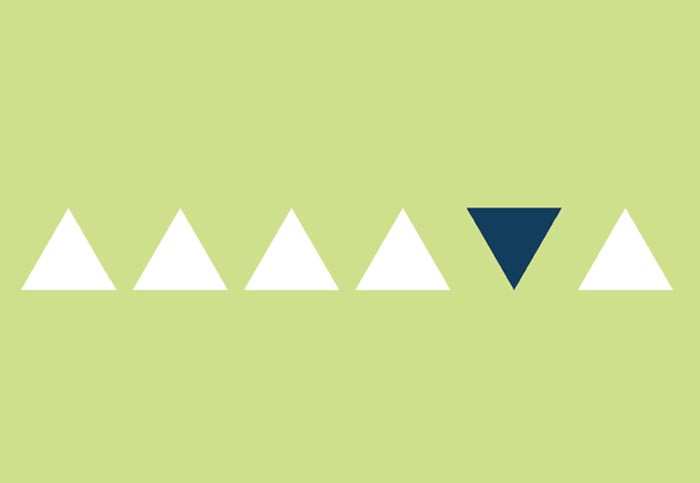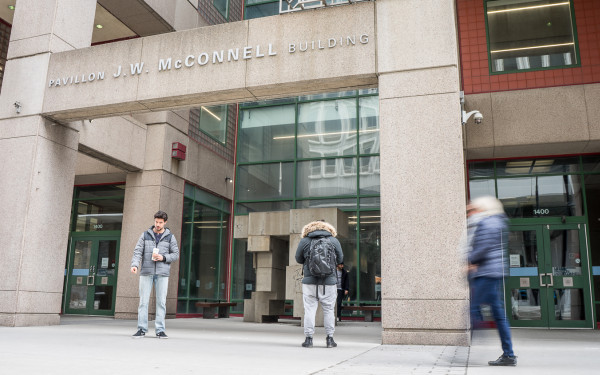We Don’t Need Your Education
Alternative University Project Redefines the Way We Learn.
On a cold winter night in Montreal, a small group of students and activists gathered in the basement of a pub on Ste. Catherine st. to sip cheap beer and scheme ways to rebuild the university as we know it—from the ground up.
The night was heavy with political conversation soaked in happy-hour Labatt Bleue; the mood lively and abuzz with new beginnings as those present officially launched the Alternative University Project.
“The basic goal of the project is to give classes outside of the university and in the community so that people can actually participate in learning while avoiding the commodified process behind [the university system,]” said Concordia Graduate Students’ Association representative Erik Chevrier.
The project aims to redefine the educational system by offering free classes taught by students and professors while encouraging a communal learning structure. It is non-hierarchical, consensus-based and run entirely by volunteer learners and facilitators.
Still in its infancy, the idea for the AUP first arose at McGill University, conceived by students in the midst of tuition protests and the looming possibility of student strikes. It has since grown to include over 50 members and many others who support the idea of stepping outside of the conventional university to learn.
One such supporter is McGill associate professor Kevin McDonough, who specializes in the philosophy of education. He says the idea is a very worthy in principle, even if he doesn’t foresee it overtaking the current university system.
McDonough credits the Occupy movement for prompting university professors to give more informal classes like this on topics related to the concerns surrounding economic inequality and other concerns that the Occupy protests aimed to discuss.
The AUP’s academic calendar currently boasts 11 courses described as “drop-dead gorgeous” that allow one to participate in studies in post-capitalist futures, a programming and web-design study group, a sustainable architecture studies course—and even a knitting class.
Redefining the idea of what a student is and the way in which the student learns is at the forefront of the AUP’s mission.
“We’re in this state of academia where you learn from an expert, and the learning is strictly one-way, rather than a model where we learn with and from each other,” said Galen Macdonald, a McGill student and one of the early organizers of the project.
“We also wanted to break away from the idea that learning is confined to within the walls of the university,” said Macdonald. “[Learning] can happen anywhere.”
As important as it is for the project, the lack of a defined space has been cause for some debate within the group. While the idea of a home base is being considered, currently, classes are slated to take place in cafés, lofts, basements and public spaces.
“People have different ideas about what’s next,” he said.
Though some, like Chevrier, look at the project with long-term goals, Macdonald isn’t entirely sure what the future holds.
True to the nature of the AUP, Macdonald views the project as more of a learning experience.
“I’m more of the thought that this is just a big experiment for a certain amount of time, and we’re going to have to see where we get to, what problems we face, and what we can come up with,” said Macdonald. “It’s exciting, and the possibilities are really endless.”
“We’re doing this for its own sake,” he said. “We’re learning for the sake of learning, and building this community for the sake of having the community. Anything else that comes along with it is just a silver lining.”
McDonough is excited at the possibilities as well, even though he’s never taken part in such a project. He thinks that, given time, people both inside and outside of the ivory tower will come to see the benefits of an alternative university.
“There’s no doubt that, socially, the credential of the university degree is a valuable thing,” he said. “Students wouldn’t pay as much as they do and put as much energy into getting a degree if they weren’t valuable commodities for them.”
But, he continued, “if you don’t want the credential or you don’t see that as essential to what your life is about and you still want to throw yourself full-fledged into [getting an education], you can do it.”
For more information, visit alternativeuniversityproject.tumblr.com.




2web_600_375_90_s_c1.jpg)
1_600_375_90_s_c1.jpg)

